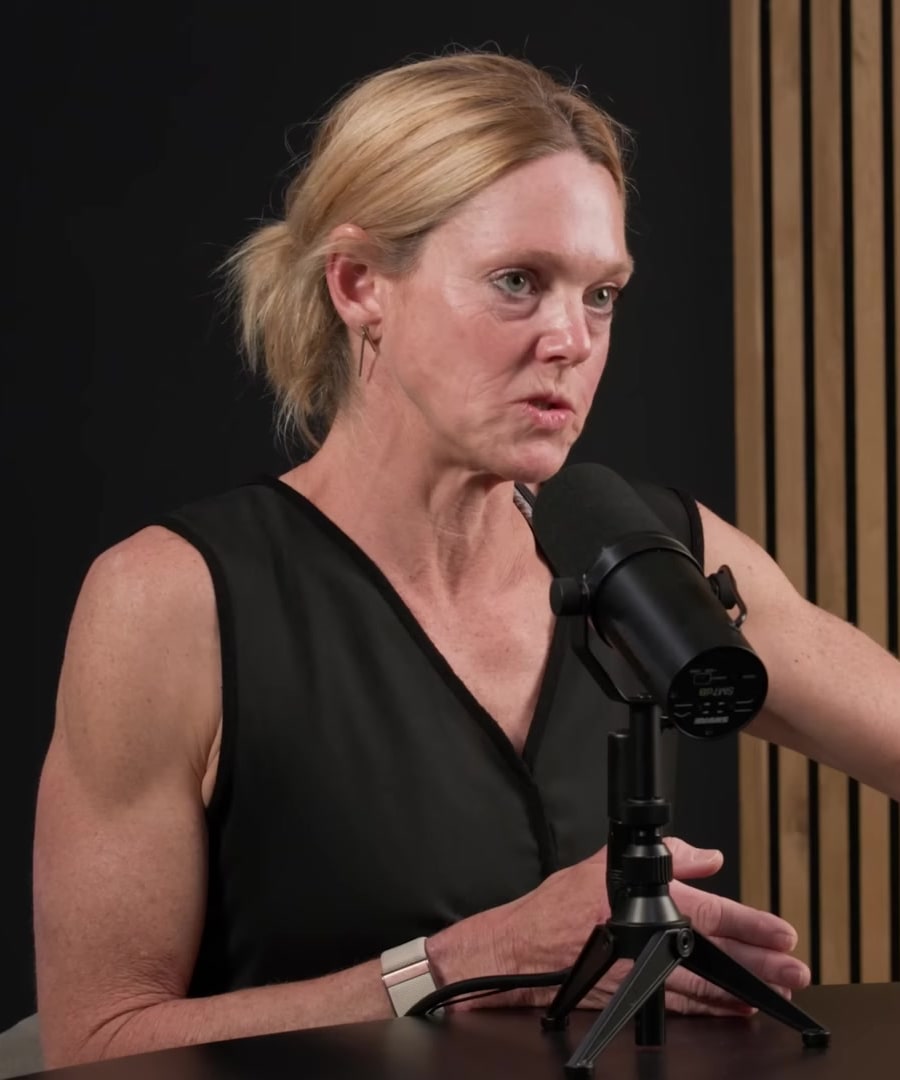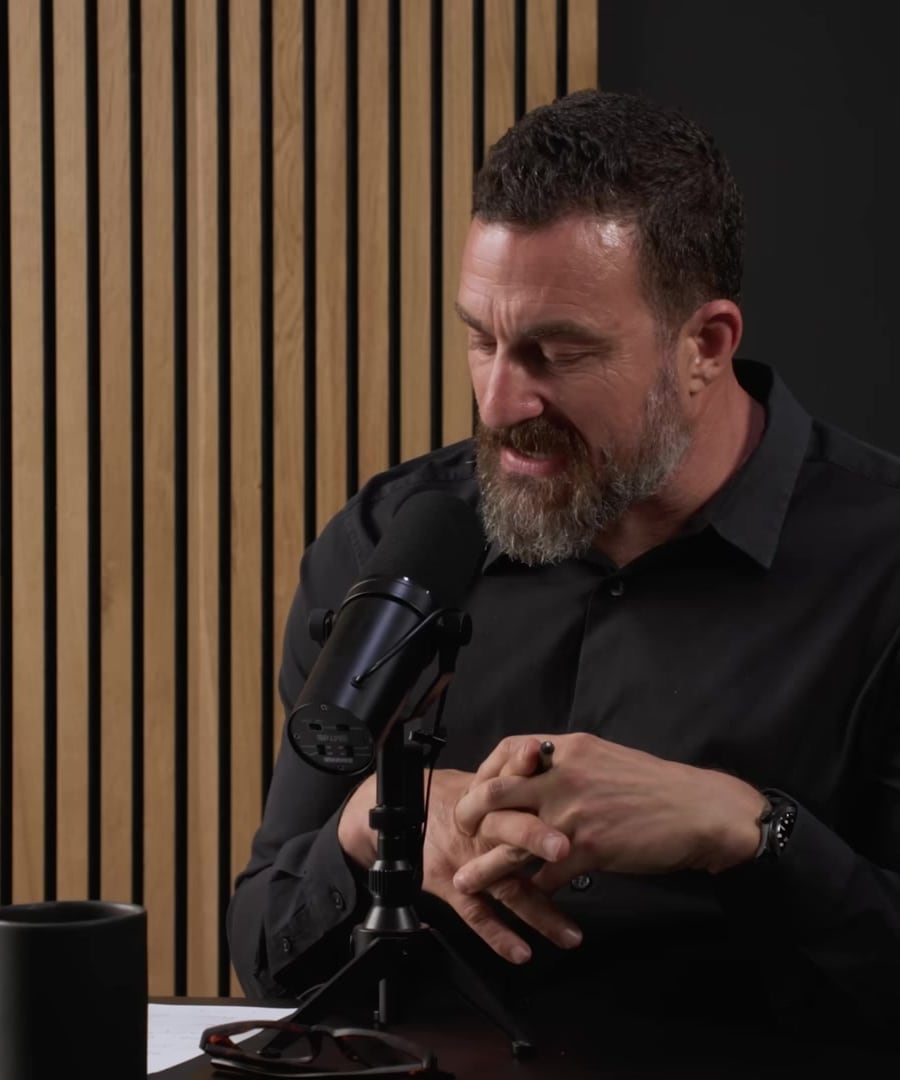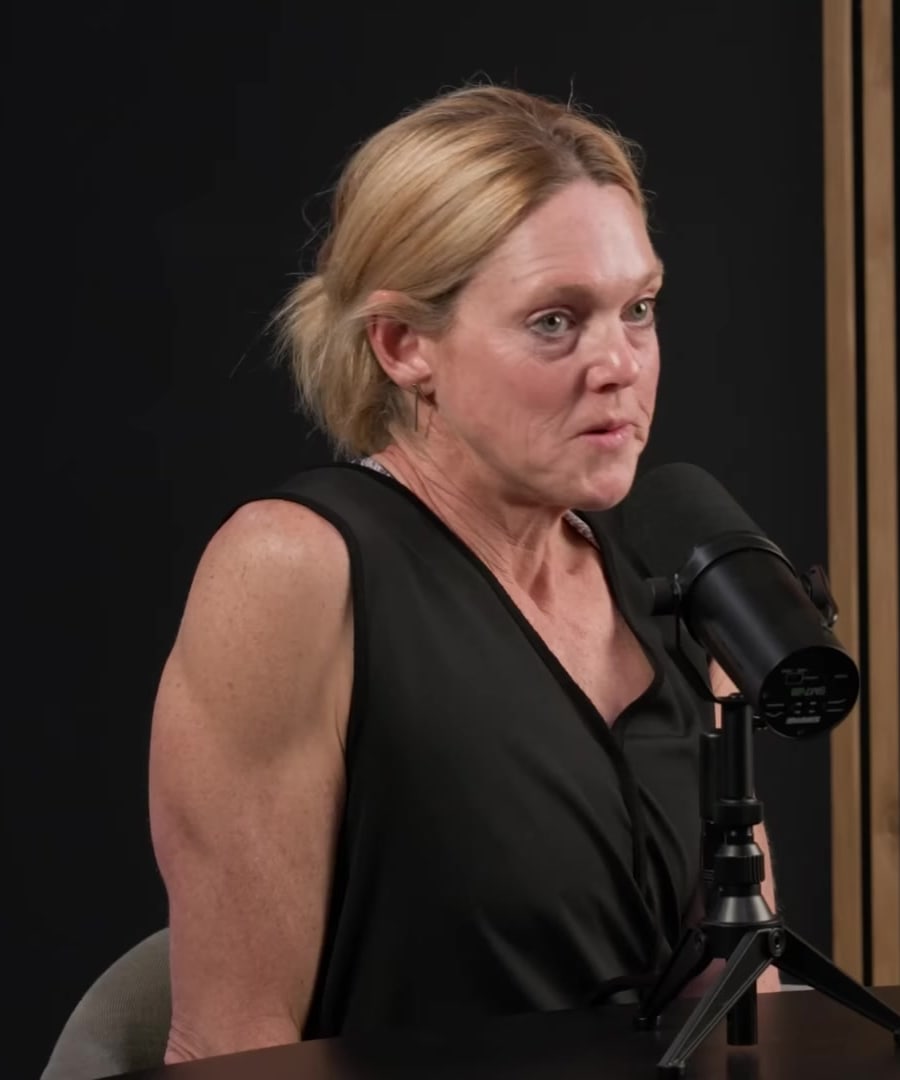Exercise menopause
Sources:
During menopause, women experience significant hormonal changes that can affect various aspects of health and fitness. Here are some insights and recommendations on exercise and lifestyle choices during this phase:
-
Strength and Resistance Training: It's crucial for women to engage in heavy resistance training and jump training during menopause to maintain muscle mass and bone health. These types of exercises help counteract the decline in bone density and muscle mass that often accompanies menopause [Dr. Stacy Sims discusses this point with in an episode about menopause-specific exercise and nutrition 1].
-
Avoiding Moderate Intensity Cardio: Moderate-intensity cardio exercises, like many popular fitness classes, might not be as beneficial for women in this age group. Instead, focusing on high-intensity interval training (HIIT), which involves short bursts of intense activity, can be more effective in managing body composition and ensuring hormonal balance [this insight is also detailed by in her discussions with 2].
-
Supplements and Diet: While hormone replacement therapy is a common discussion point for menopause, there are non-hormonal strategies to help manage symptoms. Dietary supplements like turmeric for anti-inflammatory benefits and creatine for muscle health may be helpful. Additionally, ensuring adequate protein intake is critical for muscle maintenance and overall vitality [3].
-
Individualized Approach: Since menopause affects women differently, approaches to exercise and health during this time should be personalized. The goal is to prepare the body for these changes by establishing a strong foundation of health and fitness before menopause reaches its peak impact [4].
These strategies help address the challenges of menopause and aim to maintain health, performance, and longevity throughout this phase of life.
RELATED QUESTIONS-
Exercise menopause
- RELATED QUESTIONS



